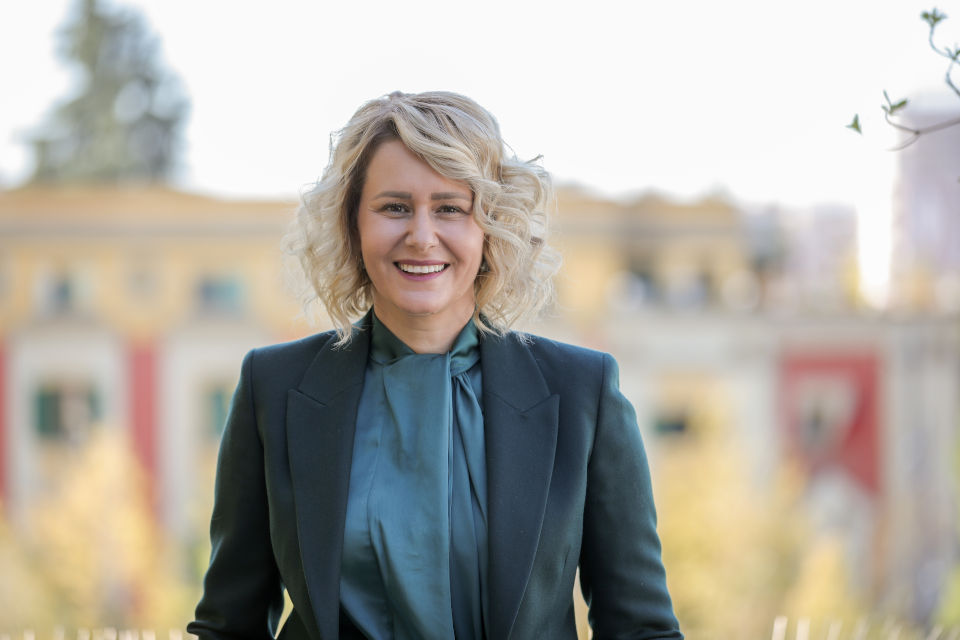In the words of Anisa Ruseti: “We use gender-disaggregated data to design services that target women”
Anisa Ruseti is the Deputy Mayor at the Municipality of Tirana. She has been working in social services for more than 14 years and is one of the main contributors in the drafting and implementation of action plans on gender equality, social inclusion, the Local Social Plan of the Municipality of Tirana and programs on social housing and employment promotion. The Municipality of Tirana is a longstanding partner of UN Women in Albania, in addressing violence against women and girls in public spaces, using gender data for policy development and planning, gender-responsive budgeting and women’s political participation.
Date:

![]()
‘To lack reliable statistics is to hide inconvenient facts.’ This statement becomes exponentially true from the perspective of a local government unit in charge of providing services such as transport, housing, city cleaning and water supply, social services and so on. As the Municipality of the most populous and most diverse city in the country, we understand the extreme importance of collecting and using reliable data and creating the necessary instruments to project such data into our budgeting process and our public investment and annual public spending planning. It took us about 18 months from the start of our first mandate to consolidate a system that periodically and reliably collects data from all municipal units, departments and agencies and use them to formulate development strategies and prioritize public investments.
However, it was an entirely new challenge trying to use municipal statistics with a gender perspective. We aimed to use gender-disaggregated data compilation and analysis, to design and provide services and interventions that would specifically target women especially those most left behind. Such gender-driven decision making is also embedded in the vision of the Municipality of Tirana “as a place where women and men, girls and boys, regardless of age, special needs or ethnicity, are treated equally”.
Currently, 65 per cent of our staff members are women; two out of four deputy mayors are women, almost 65 per cent of our mid and high level executive staff are women; 55 per cent of our city borough administrators are women, and for the first time in the city’s history, there are more women councillors than men in the City’s Municipal Council.
In 2015 women councillors established the Committee on Gender Equality and Women's Entrepreneurship in the City Council, whose focus has been the consideration of gender dimensions when drafting the Municipal budget and prioritizing public investments.
The use of gender statistics enabled us to create services that target women’s employment, women entrepreneurs, and women in general. A good example is the Fund for Women Entrepreneurs (established in 2016) which aimed to support women-led businesses from vulnerable situations, women heads of households, women with disabilities as well as women from ethnic minorities.
The feedback and data we received from women in our participatory budgeting meetings in all city boroughs allowed us to appropriately budget and subsequently build 54 playgrounds and recreational spaces in all city boroughs, mainly targeting women and children, or expanding the network of public lighting in tertiary roads and alleys, thus allowing women a safer passage.
We are aware that much more needs to be done in the field of gender-responsive planning and budgeting and to increase the use of gender statistics in our everyday municipal work and policymaking. Achieving gender equality is a political aspiration and a lengthy process, but, at the same time, a constant battle aimed at challenging stereotypes, dismantling social constructs and changing mindsets, which needs a continuous collaboration between citizens, civil society and governing bodies.
In the development stage of today’s Albania, achieving gender equality is not “an option” but it is the only option and it is primarily our duty and task as women in leadership positions to achieve it. As the saying goes: ‘If not me, who? If not now, when?’”